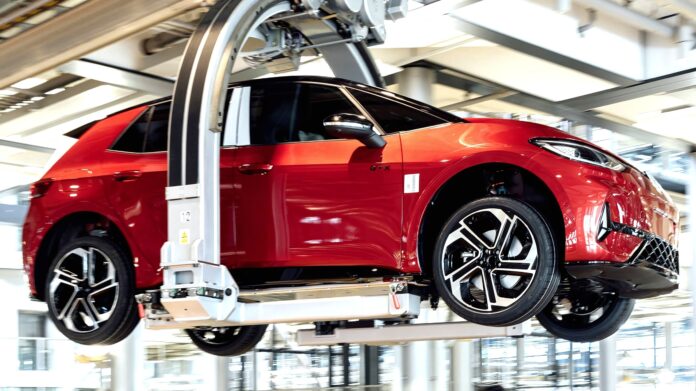Volkswagen Group is facing a severe financial crisis that could freeze the development and rollout of new models worldwide. The automaker’s supervisory board has delayed approving a multi-billion-euro investment plan, essential for modernizing its vast manufacturing network and funding future vehicles. This uncertainty stems from slowing sales, rising costs, and the lingering effects of U.S. tariffs imposed during the Trump administration.
Investment Freeze: A Looming Crisis
The board had been expected to approve the investment package last week, but insiders confirm it is holding back due to low confidence in the company’s financial outlook. Nearly 100 factories across the globe are affected, with plans on hold until the situation clarifies. The delay, reported by Bild, could stretch for months, stalling development projects and impacting suppliers.
The Scale of the Shortfall
Volkswagen faces an estimated €11 billion ($12.7 billion) shortfall for its 2026 investment plans. While the brand allocated approximately €160 billion ($185 billion) for operations and product development over the next five years, that budget is now under pressure. The uncertainty extends beyond immediate production, potentially delaying critical technological upgrades and hindering long-term competitiveness.
Audi’s U.S. Factory in Limbo
The financial strain particularly affects Audi, which has been considering a U.S. factory for some time. Its rivals, BMW and Mercedes-Benz, already benefit from large American manufacturing centers, shielding them from the full impact of U.S. tariffs. An Audi U.S. factory would require substantial investment, which is now in question.
Delayed Decisions and Uncertain Timelines
The supervisory board may convene a special meeting in December if conditions improve, but sources caution that the timeline could easily slip into next year. This delay underscores the severity of the financial pressure Volkswagen faces.
The current financial instability within Volkswagen Group poses a significant threat to its future product pipeline and global operations. The delay in approving critical investments could have long-term consequences for the automaker and its subsidiaries, potentially hindering its ability to compete effectively in key markets























